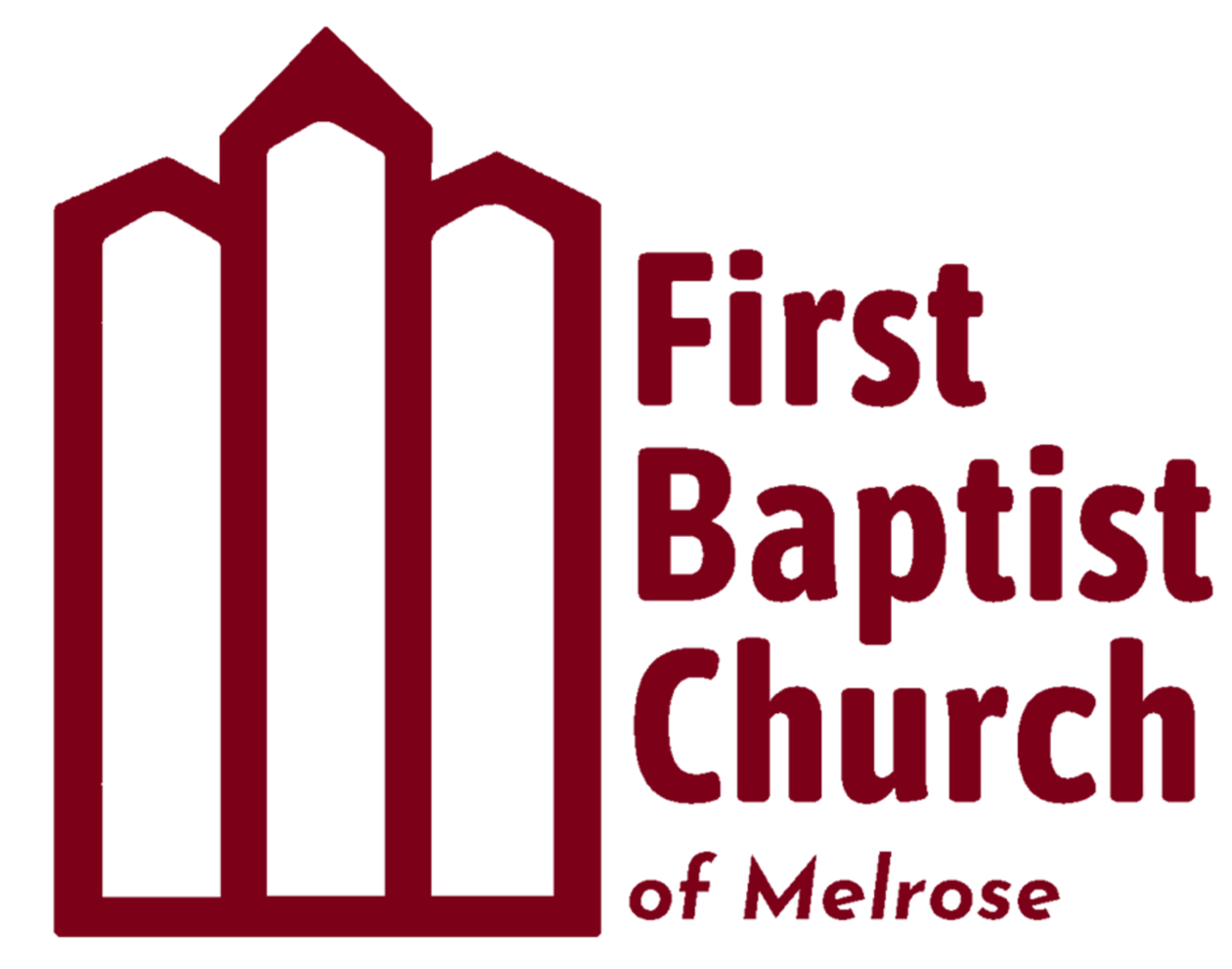The Changing Church
On the last Saturday of January, four leaders from our church attended TABCOM’s (The American Baptist Church of Massachusetts) Leadership Day. The attendees were challenged with this question: If your church ceased to exist today, would anyone outside the church notice? That probing question reveals a church’s significance to its community. Sadly, many churches (not ours), could cease operations and its neighbors would never know. Such congregations have lost any relevance beyond their walls. Despite a sincere desire to better their neighborhoods, they exist only to serve themselves. The word to describe these churches is insular, which speaks to their isolation from others.
At Leadership Day, Dr. Rev. Ron Bouthillette, Associate Executive Minister in Church Relations, reflected on Jesus’ healing at the pool (John 5.1-15). Many disabled gathered near the pool, believing its waters offered miraculous cures. An invalid man encounters Jesus. Learning the man’s condition existed for 38 years, Jesus asked him, “Do you want to get well?”
“Sir,” the invalid replied, “I have no one to help me into the pool when the water is stirred. While I am trying to get in, someone else goes down ahead of me” (John 5.7).
Let evaluate this situation: (1) The man needs healing; (2) The man thinks the waters will help; (3) The man cannot get to the water, and (4) For 38 years, nothing has helped.
Dr. Bouthillette noted: Sometimes the local church functions like the invalid man. The local church thinks: (1) Something needs to change; (2) Doing that thing will help; (3) The church cannot get to that thing; and (4) For 38 years, nothing has changed. For churches to thrive in 2023, something must change – lest we become like the invalid man who spent 38 years not getting better.
Regarding change, some believe change needs to take place theologically. The history of church suggests theologically change only quickens demise. And no wonder at this reality. For 2000 years, the church has proclaimed an unerring truth. To suddenly veer from that proclamation might result in a few chummy backslaps from former naysayers, but I think the general sentiment is “I disagreed with you before, but at least you were steadfast. Now, I don’t know what you’re about. And quite frankly, I don’t care what you’re about.” While a “flip-flop” is impressive in gymnastics and convenient for footwear, it does not endear people to the Christian faith. Churches must change – always. While the methods of doing church change, the Gospel remains steadfast.
Let’s consider our three points: (1) Churches can become insular, (2) Churches must change, and (3) The Gospel does not change. Considering these points, I think the inherent trajectory of a local church leans toward becoming insular. The church becomes a “safe place” that exists to serve its congregants, and the more it becomes a “safe place,” the more it becomes disconnected from its neighbors. 37 years ago, that approach worked. Today, that “inherent trajectory” leads to a death spiral. Today’s church must claw towards becoming an external congregation – a congregation with a focus on its community, neighbors, and non-congregants. Only by looking out can the church thrive within.
Regarding our own church, we are thankful for our Pantry of Hope. This ministry experienced over 1300 client visits last year. Each visit serves one family. With the food, the clients also receive a warm welcome. This ministry’s success results from the many partnerships outside our congregation. We are thankful for those who started, grew, and sustained this ministry, and at present, for Pam Ross’ current leadership in expanding the Pantry’s influence.
As we seek to further become a community-minded church, we are well-equipped to go forward. The success of The Pantry of Hope serves as a starting point. We know some ideas that work. We know some ideas that do not. Both are valuable. And go forward we must. All other directions lead to demise. Will our church change? Yes. We must. Will you experience the church of your past? No. None of us will. We must remember, though, the church was never meant for us. The church was meant for making disciples of Jesus Christ – and we are just the tools.
